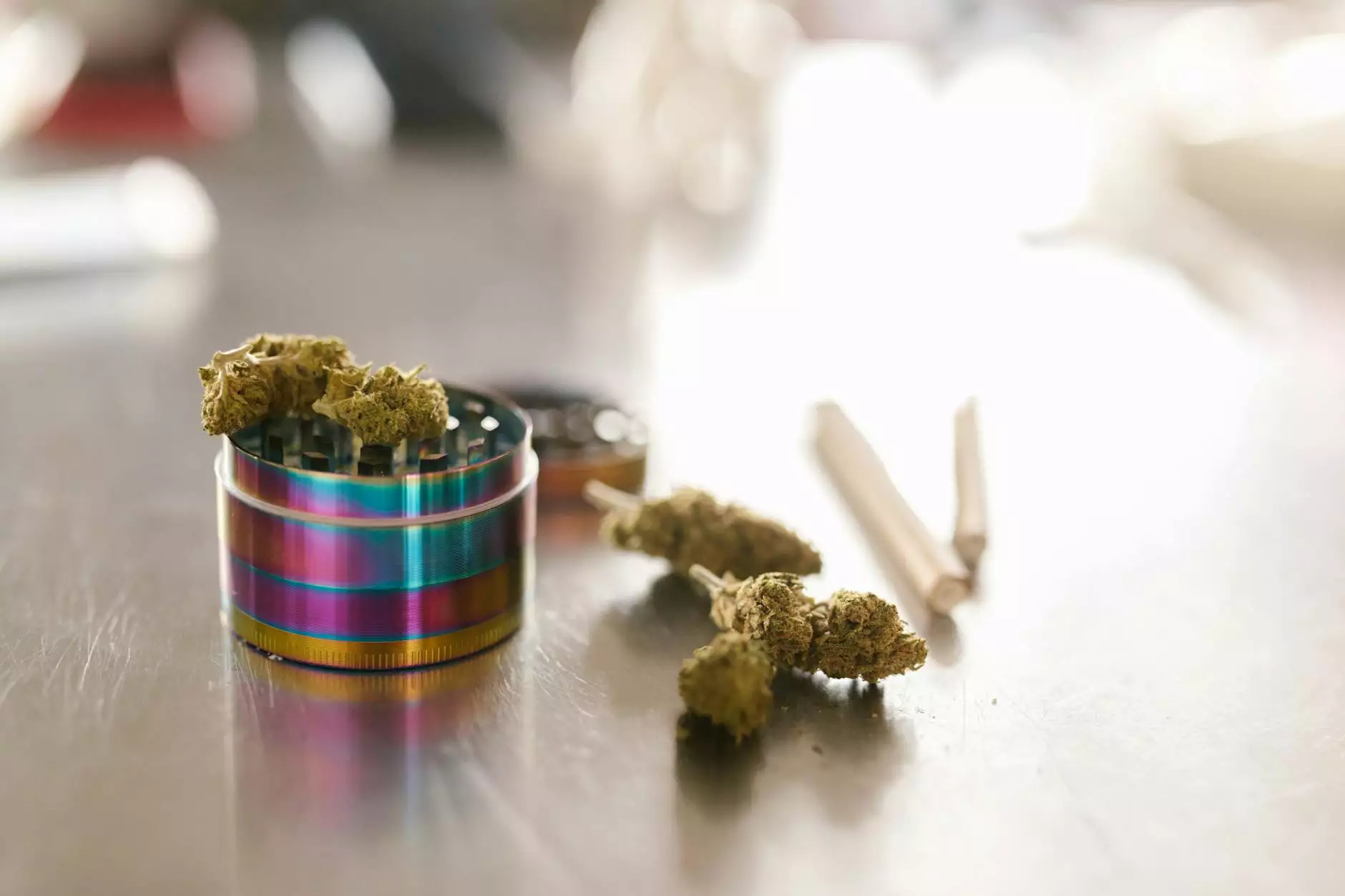Understanding Equine Pet Meds: A Comprehensive Guide

Horses are more than just animals; they are beloved companions and vital partners in many activities, from racing to recreational riding. Their health is paramount, and understanding equine pet meds is essential for any horse owner. This article dives deep into the world of equine medications, exploring their types, purposes, and how to administer them safely and effectively.
What Are Equine Pet Meds?
Equine pet meds refer to pharmaceutical products specifically designed for the treatment and prevention of health issues in horses. Just like any other pet, horses can suffer from a variety of health conditions that may require medication. From pain management to vaccinations, there are numerous types of medications available for equine health care.
Why Are Equine Medications Important?
The importance of equine medications cannot be overstated. Here are several reasons why they are crucial:
- Preventative Care: Vaccines and dewormers help prevent serious health issues.
- Treating Conditions: Medications can cure or manage illnesses, from infections to chronic conditions.
- Improving Quality of Life: Pain relief medications can enhance your horse's comfort and well-being.
- Enhancing Performance: Proper medications help maintain a horse's performance in competitive settings.
The Different Types of Equine Pet Meds
Equine medications can be categorized into several types, each serving distinct purposes. Understanding these categories will help you make informed choices for your horse's health.
1. Vaccines
Vaccination is one of the fundamental aspects of equine health care. Vaccines protect horses from various infectious diseases. Common vaccines include:
- West Nile Virus: A serious neurological disease.
- Eastern and Western Equine Encephalitis: Viral infections that cause brain inflammation.
- Tetanus: Caused by a bacterium that can be deadly.
- Flu and Rhino: Respiratory diseases that can spread quickly among horses.
2. Dewormers
Deworming is essential for maintaining your horse's health. These medications target internal parasites that can cause significant health problems. Horse owners typically follow a deworming schedule based on fecal egg counts and veterinary advice.
3. Pain Management Medications
Pain management is crucial for treating injuries or chronic conditions such as arthritis. Common pain medications include:
- NSAIDs (Non-steroidal Anti-inflammatory Drugs): Such as phenylbutazone and flunixin meglumine, which help reduce pain and inflammation.
- Opioids: Used for more severe pain management under veterinary supervision.
4. Antibiotics
When horses suffer from bacterial infections, antibiotics are prescribed. It's essential to use these medications as directed by a veterinarian to prevent antibiotic resistance.
5. Hormonal Therapies
Hormonal medications can address reproductive issues and other hormonal imbalances in mare and stallions, ensuring their overall health and reproductive function.
How to Administer Equine Pet Meds
Administering medications to horses can be challenging. Here are some best practices to ensure effective treatment:
1. Follow Veterinary Guidance
Always consult with a veterinarian before giving any medications. They will provide guidance on the right type of medication, dosage, and frequency based on your horse's specific needs.
2. Understand the Medication Form
Equine pet meds come in various forms, such as:
- Oral: Pastes, powders, and liquids that can be administered directly or mixed with food.
- Injectable: Often used for immediate treatment or for medications that cannot be given orally.
- Topical: Creams or gels applied to the skin for localized treatment.
3. Proper Administration Techniques
Here are tips for each type of administration:
- Oral Medications: Use a dosing syringe for pastes, and mix powders or liquids with food if possible to encourage ingestion.
- Injections: Always use sterile equipment, follow the correct protocol, and consult your veterinarian if you are unsure about injection sites.
- Topical Medications: Clean the area before application and apply a thin layer of medication as directed.
Common Mistakes to Avoid When Administering Equine Pet Meds
While administering medications, some common errors can lead to ineffective treatment or harm to the horse. Avoid the following:
- Incorrect Dosage: Always measure accurately; overdosing or underdosing can be dangerous.
- Ignoring Withdrawal Times: If your horse is competing, it is vital to know and adhere to the withdrawal times for medications.
- Lack of Consistency: Follow the prescribed schedule meticulously to maintain effectiveness.
Maintaining Your Horse’s Health Beyond Medications
While equine pet meds are essential, overall health care goes beyond just medications. Here are some holistic approaches to ensuring your horse remains healthy:
1. Proper Nutrition
A well-balanced diet is vital for a horse’s health. Consult with a veterinarian or equine nutritionist to determine the best feed for your horse's age, weight, and activity level. Ensure they have access to:
- High-quality hay: Provides essential fiber.
- Grain: Based on energy needs.
- Minerals and Vitamins: To support overall health.
2. Regular Veterinary Check-Ups
Routine veterinary care is crucial for keeping your horse healthy. Regular vaccinations, health checks, and dental care can prevent many issues before they arise.
3. Adequate Exercise
Exercise is essential for a horse's physical and mental well-being. Regular riding or turnout can help prevent obesity and promote overall health.
4. Maintaining a Clean Environment
A clean living environment is essential for preventing diseases. Regularly clean stalls, ensure access to clean water, and keep the paddock free from hazards.
The Future of Equine Pet Meds
The field of veterinary medicine is continuously evolving. Innovations in equine pet meds are on the horizon, promising better treatments and more efficient care. Future developments might include:
- Advanced Vaccines: More effective and with longer-lasting immunity.
- Precision Medicine: Tailoring treatments based on genetic information.
- Improved Pain Management: New pain relief options that minimize side effects.
Conclusion
In conclusion, understanding equine pet meds is critical for every horse owner. Equine health management requires a comprehensive approach that includes proper medications, preventive care, adequate nutrition, regular veterinary visits, and a clean living environment. By equipping yourself with knowledge and working closely with veterinary professionals, you can ensure your horse leads a happy, healthy life. Always remember that the key to excellent horse care is staying informed and proactive.









